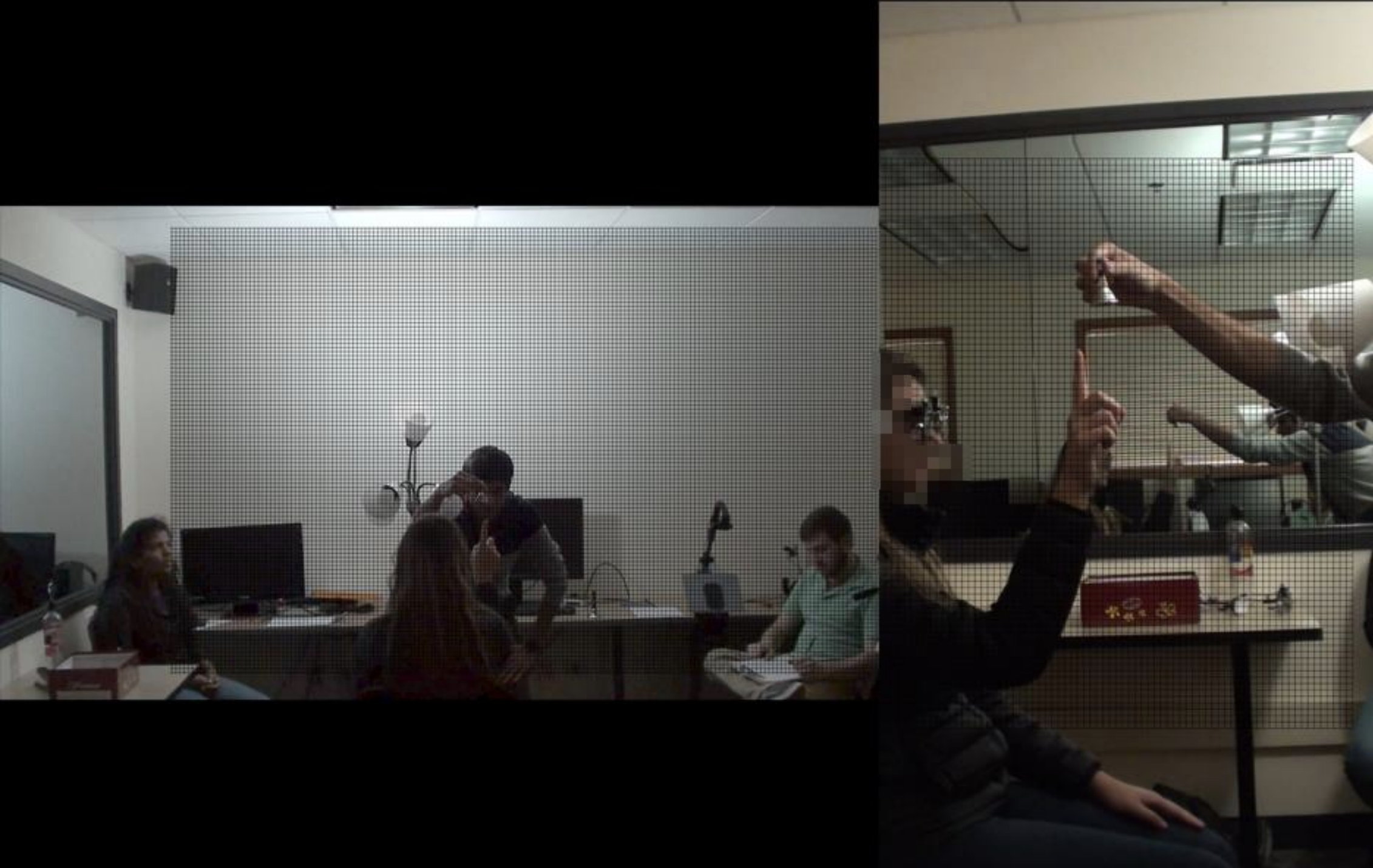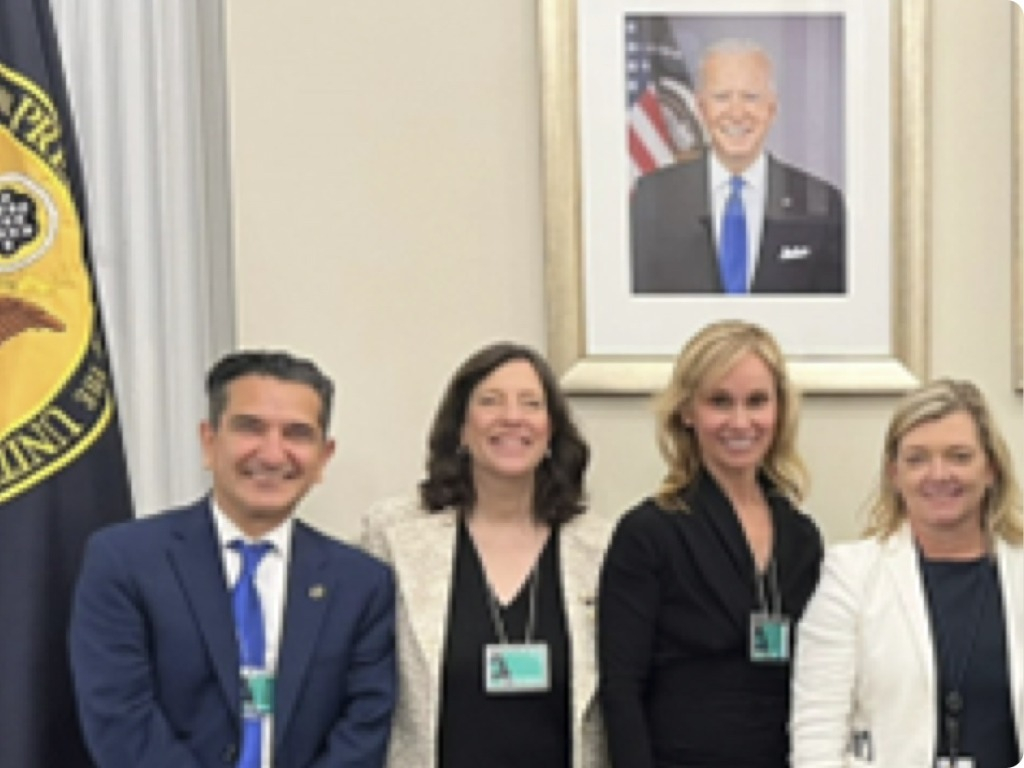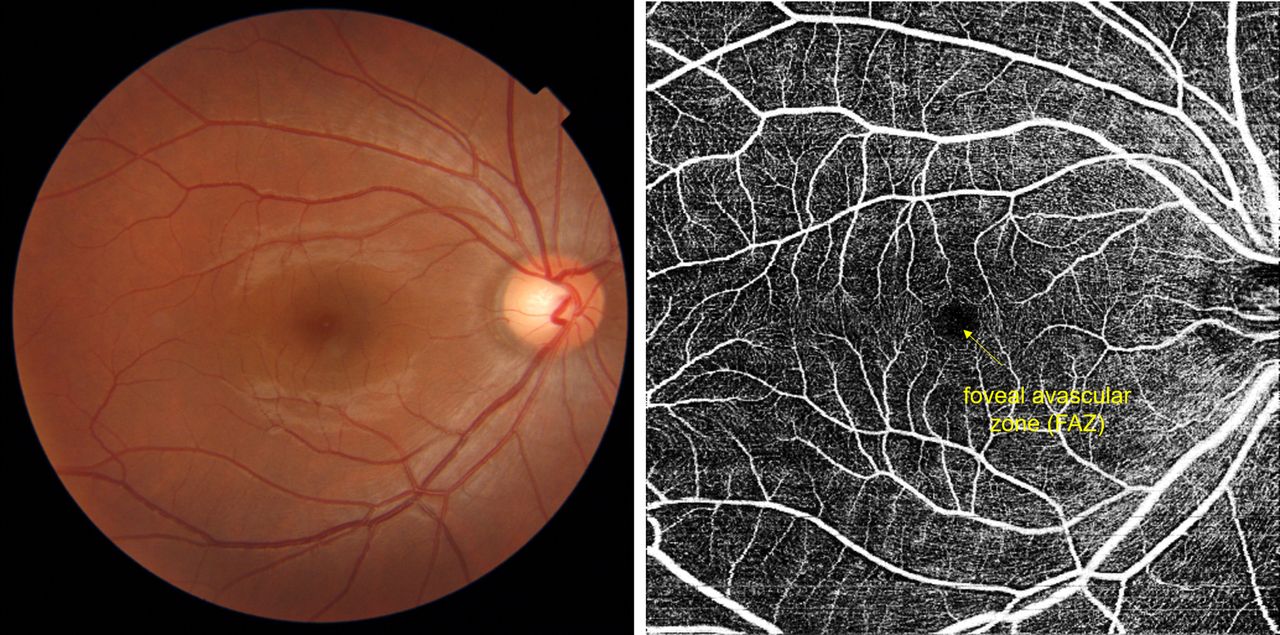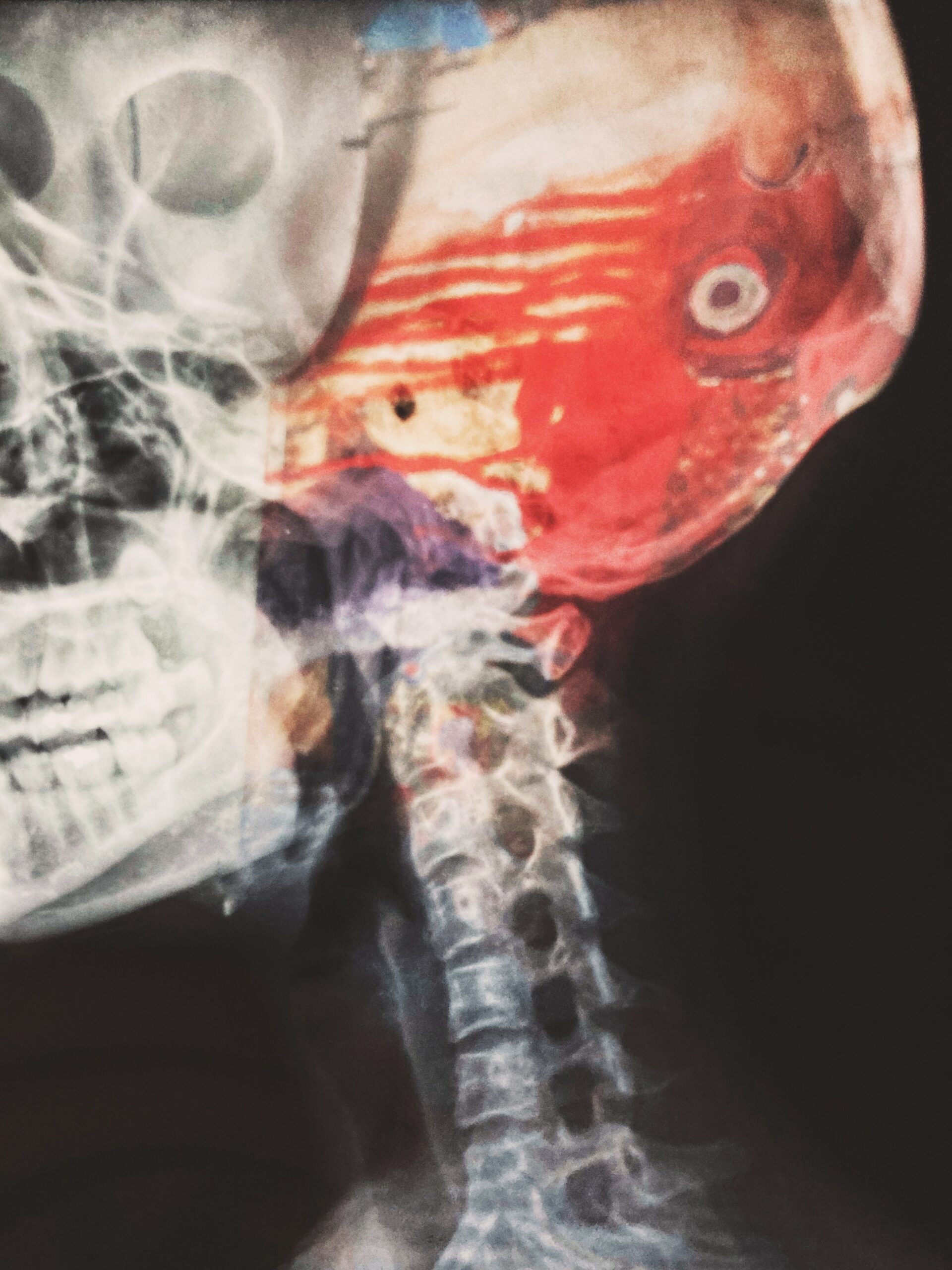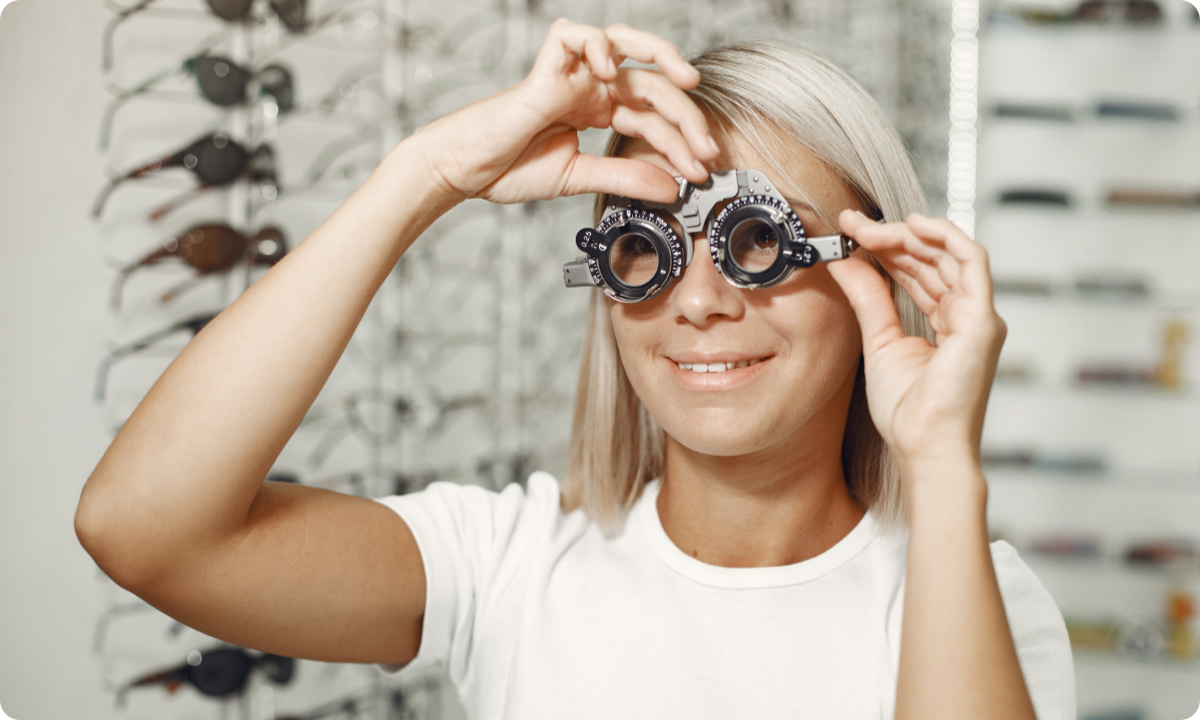Deborah Zelinsky, O.D. is an optometrist noted worldwide for her work in neuro-optometric rehabilitation. Currently, she serves as founder and executive research director of The Mind-Eye Institute, based in Northbrook, Illinois. Her global reputation is due, in part, to her discovery of the use of eyeglasses to alter sound location and subsequent development of the Z-Bell Test℠. The patented test allows Dr. Zelinsky and her team to prescribe lenses and use other optometric interventions that balance processing of central and peripheral eyesight, while synchronizing the integration between auditory and retinal sensory systems.
The Mind-Eye Institute was created with the objective to make new science discoveries pertaining to eyes more accessible to patients both domestically and globally. Dr. Zelinsky’s vision is to train other eyecare professionals on enhancement of retinal processing using her patented methods, with a short-term goal to have accredited doctors practicing in most major population centers globally.
The 20/20 eye testing standard is over 150 years old and does not consider the peripheral processing or auditory integration both of which are critical. Dr. Zelinsky is pioneering a campaign to “Leave 20/20 in the 20th Century” and shift into a more updated assessment protocol including moving targets and overall awareness of surroundings. Using brain mapping of the retina (which is comprised of brain tissue) the optometric profession can perform brain, rather than eye, examinations. Patients needing this updated testing include those who have been diagnosed with a brain that isn’t functioning at its full potential. This includes a wide range of issues, including genetic mutations, autism, attention problems such as ADD and ADHD, dyslexia, learning problems, concussions, and stroke among others.
In addition to her work with the Mind-Eye Institute, Dr. Zelinsky is a fellow in both the College of Optometrists in Vision Development and the Neuro-Optometric Rehabilitation Association. She is a board member of the Society for Brain Mapping and a community leader for the Society of Neuroscience.


